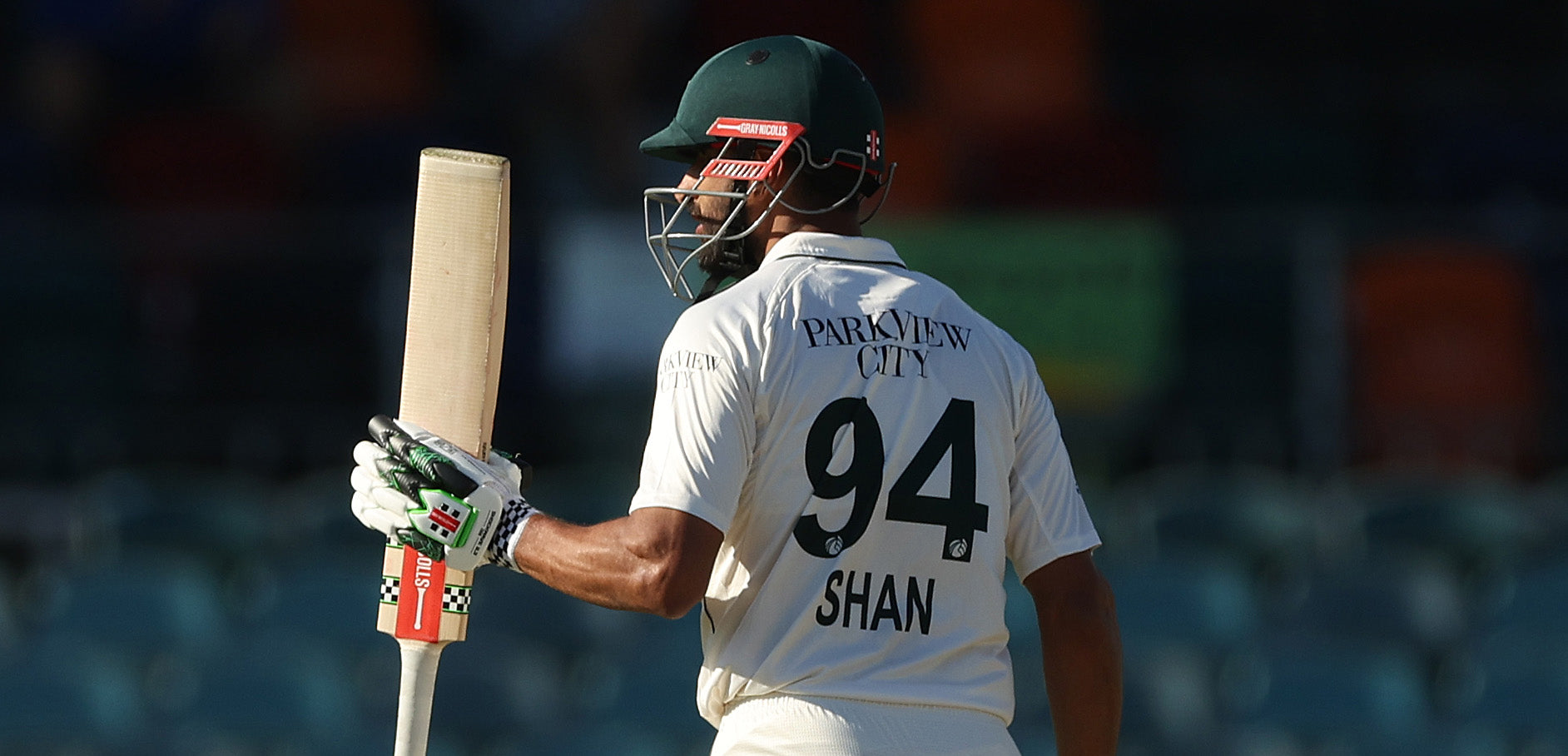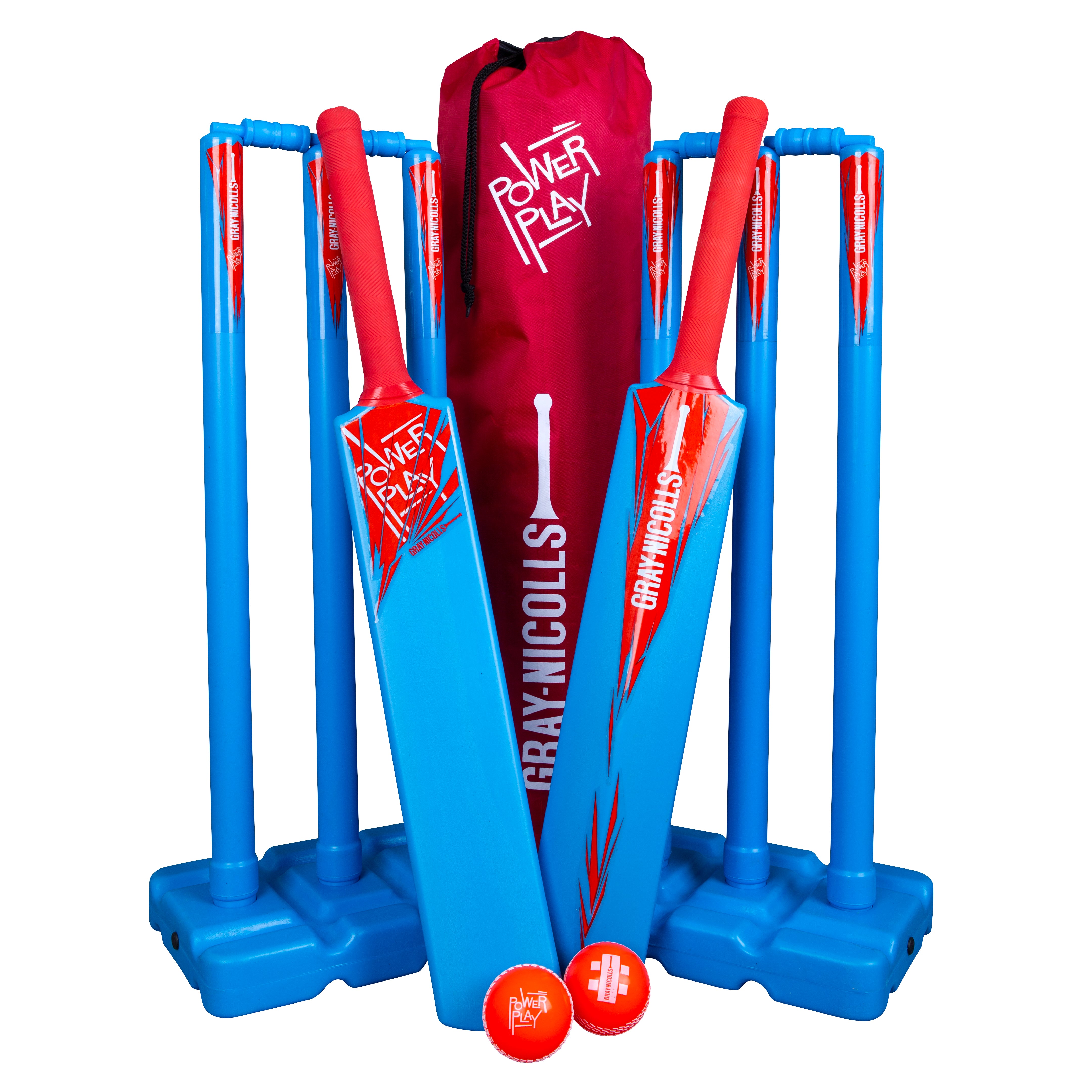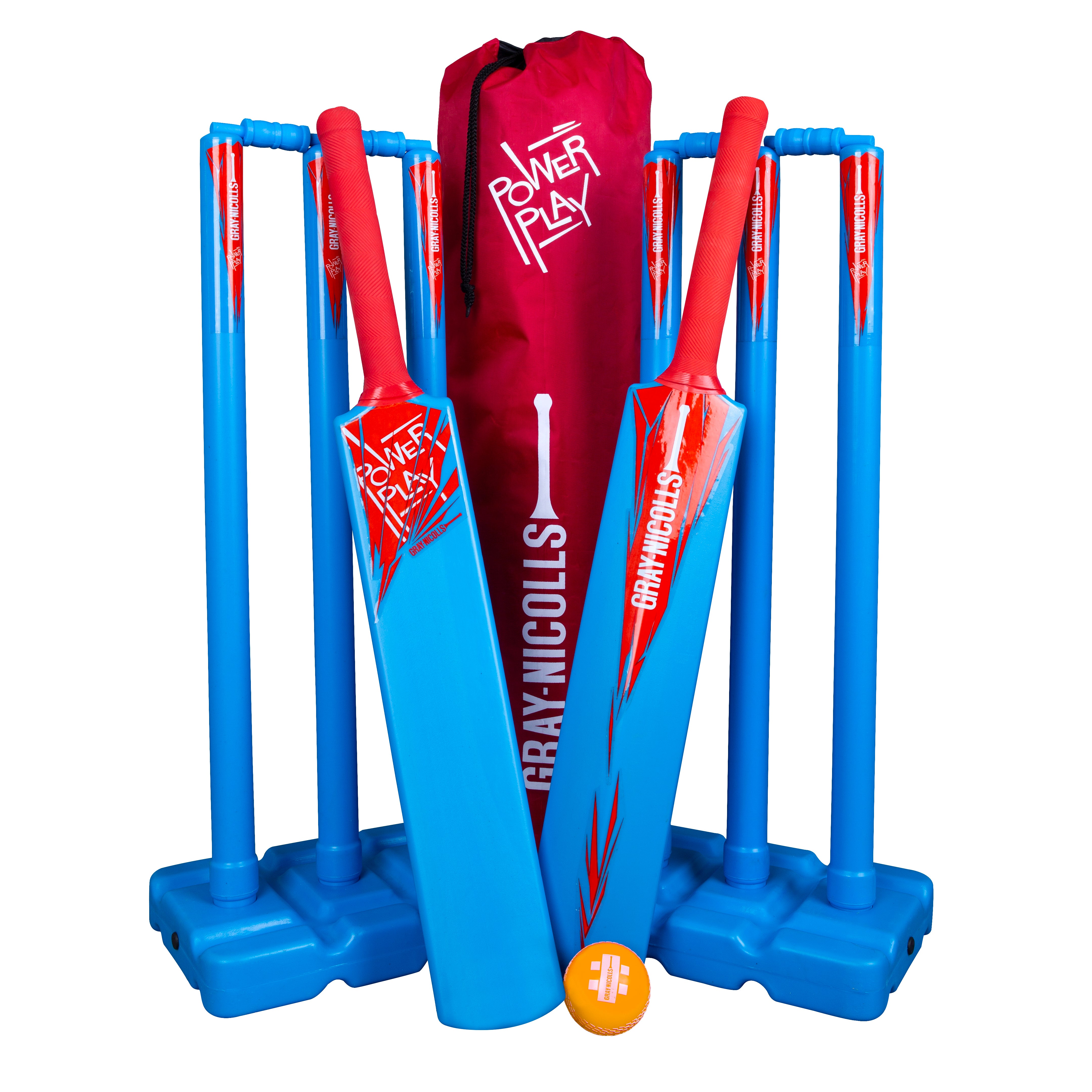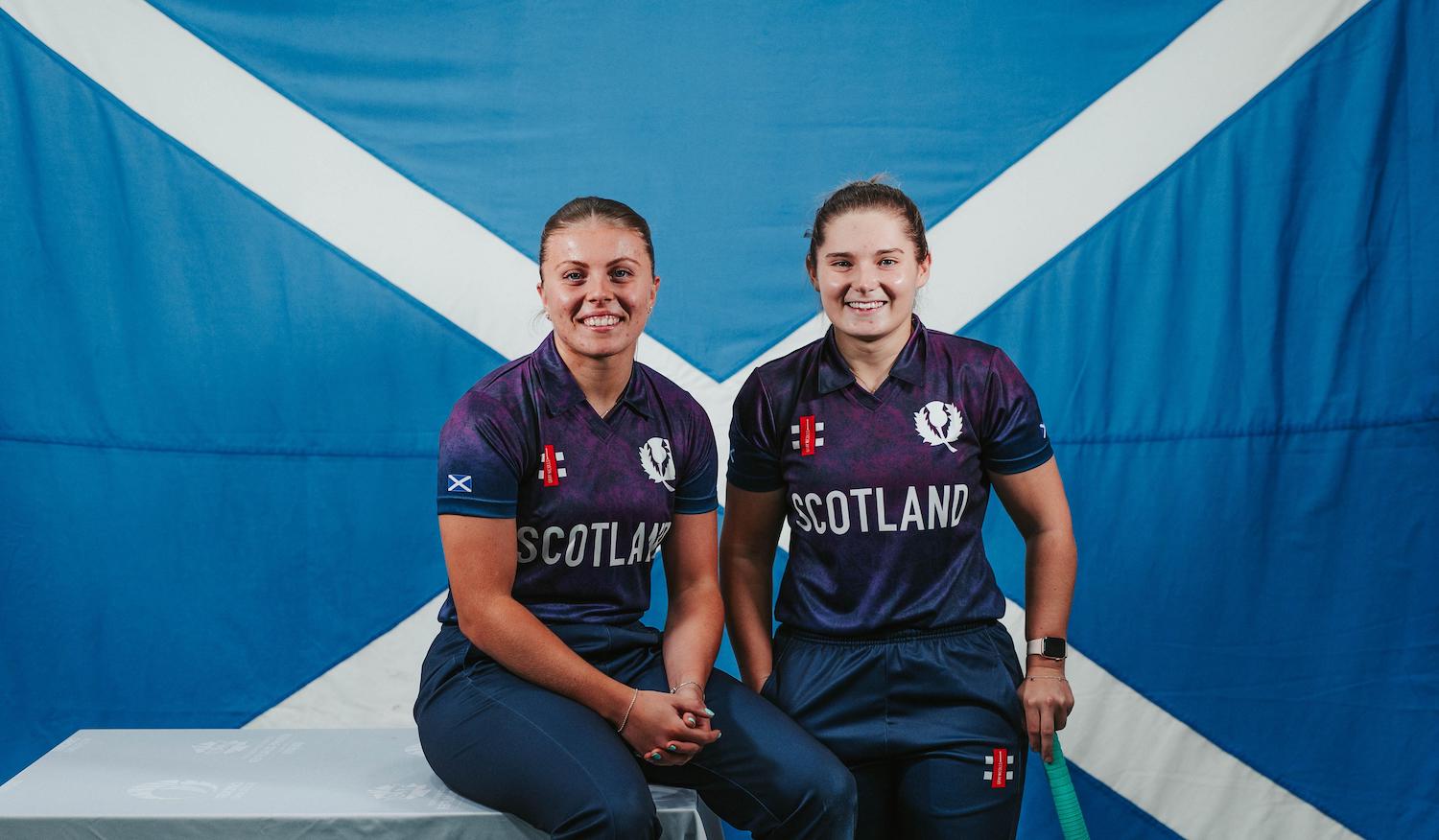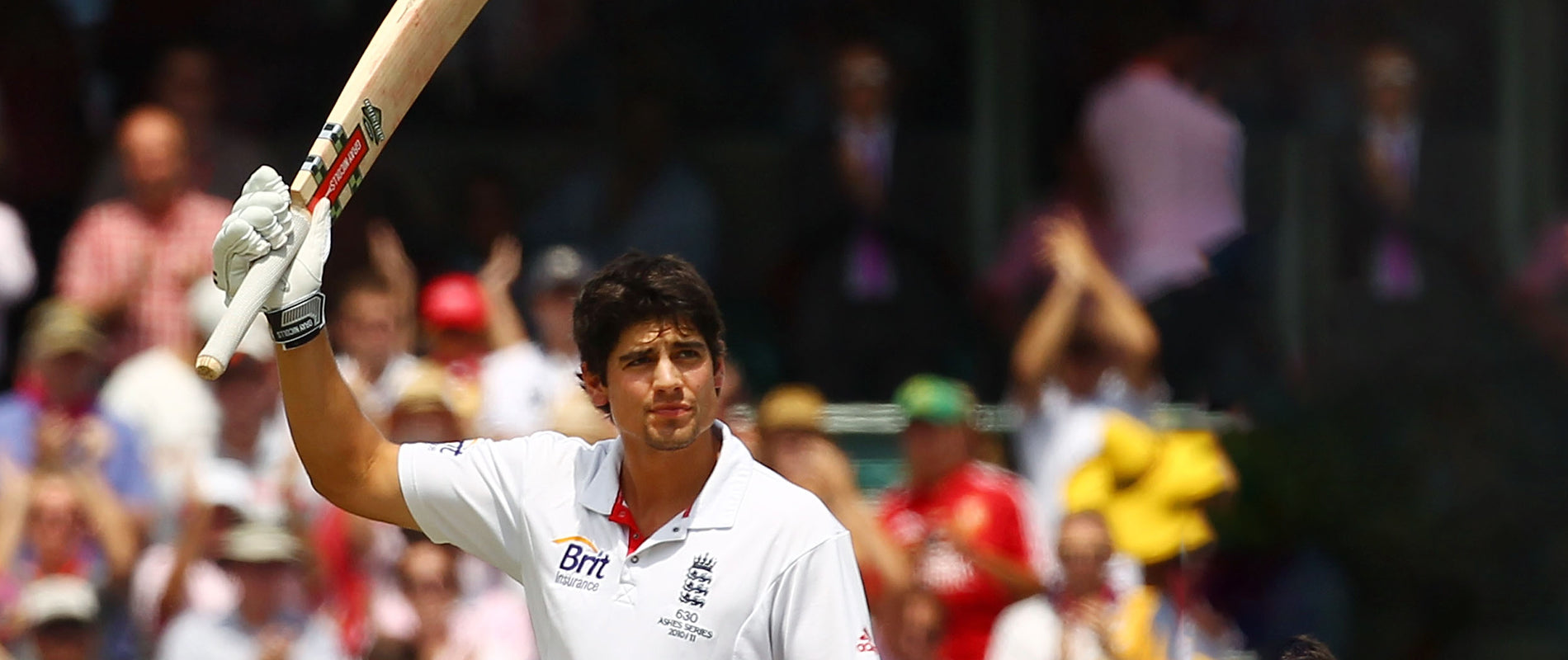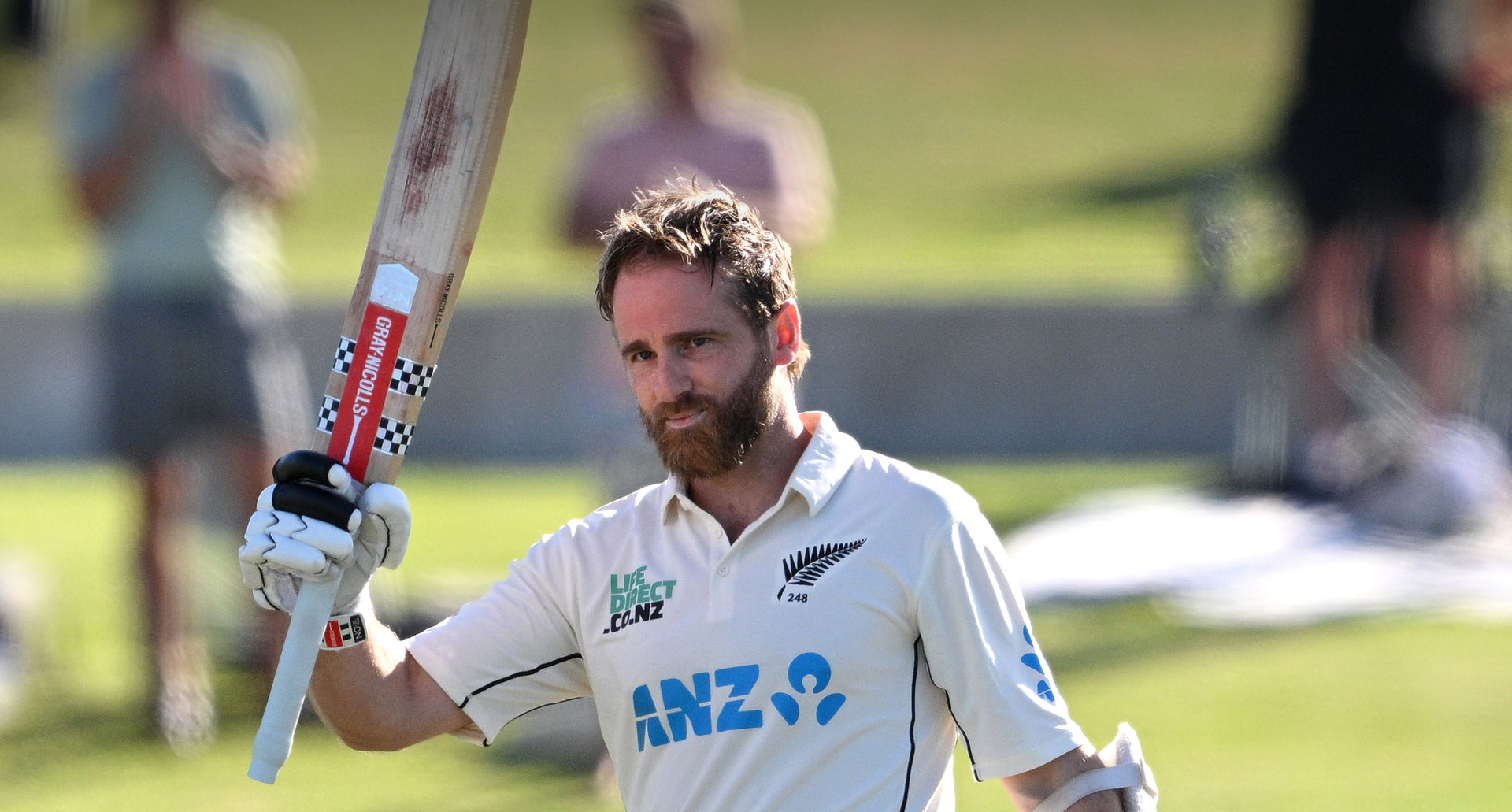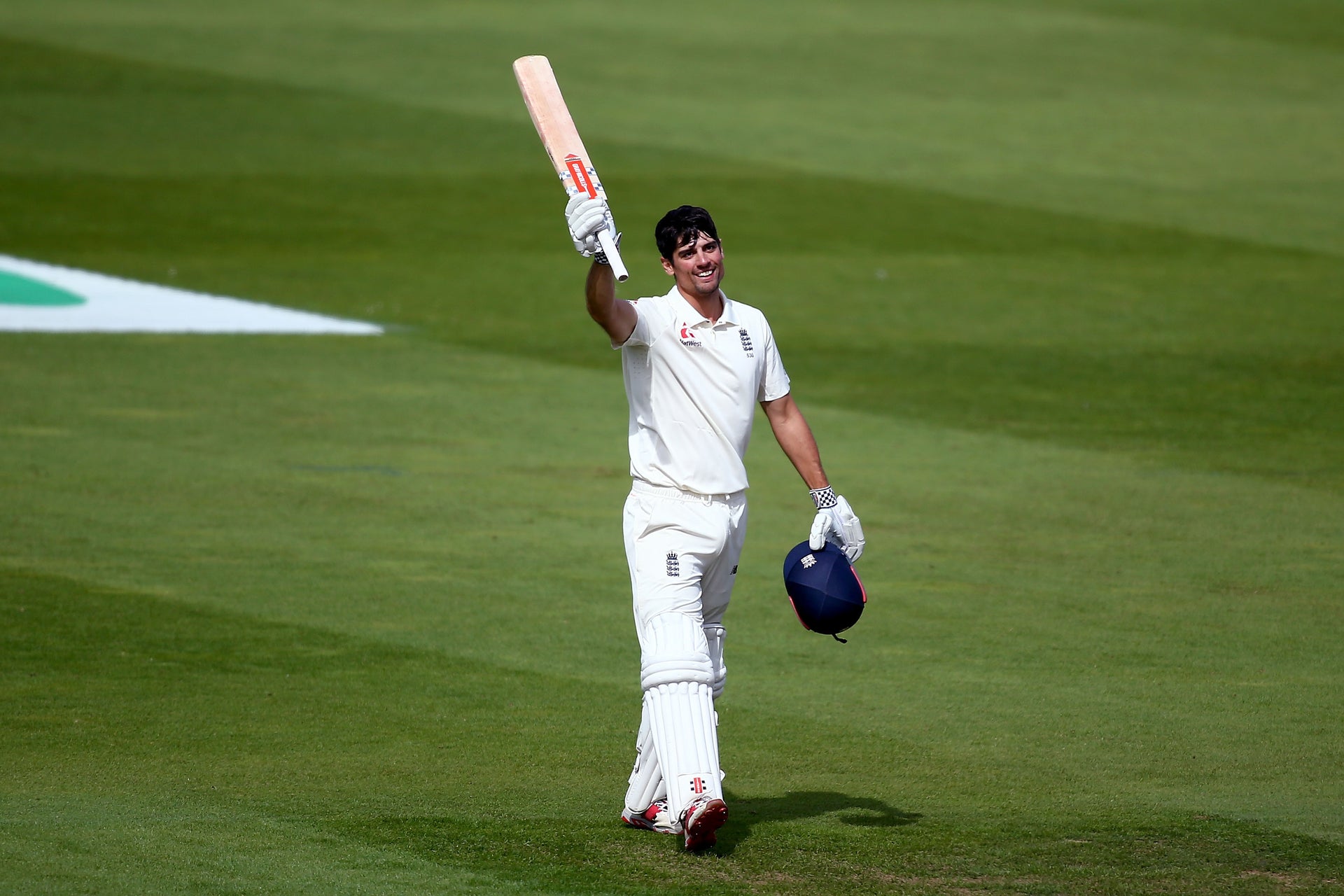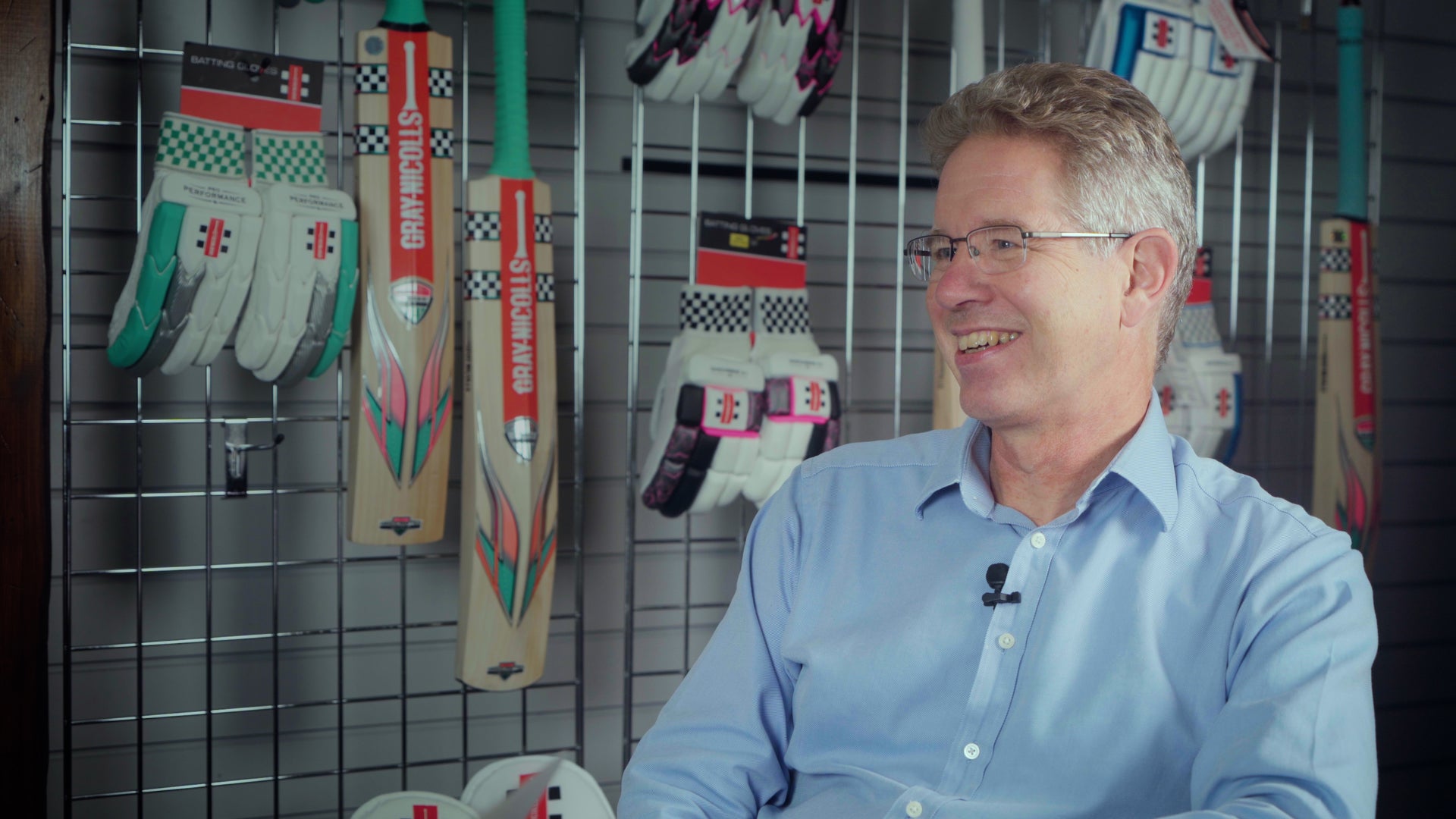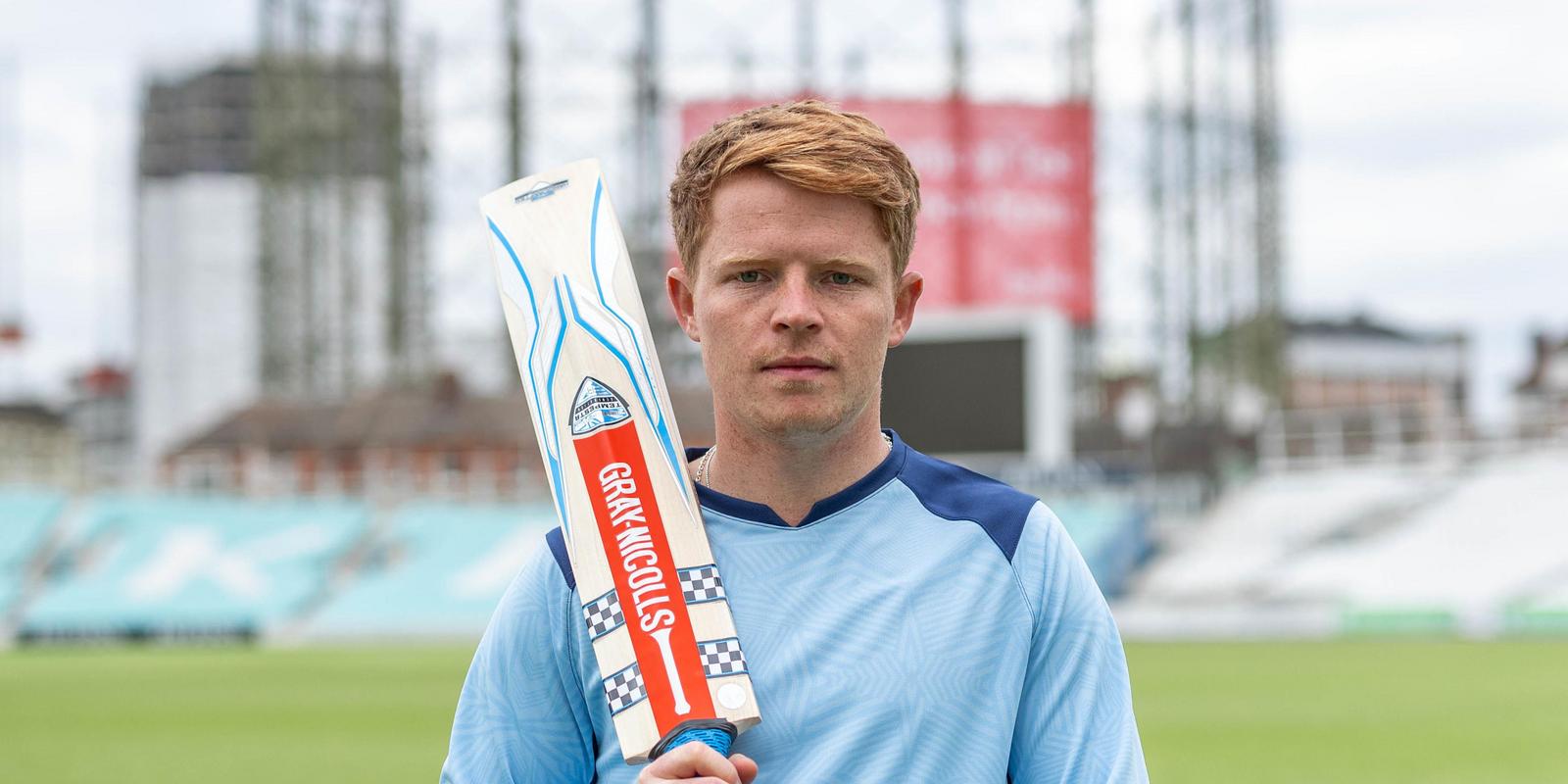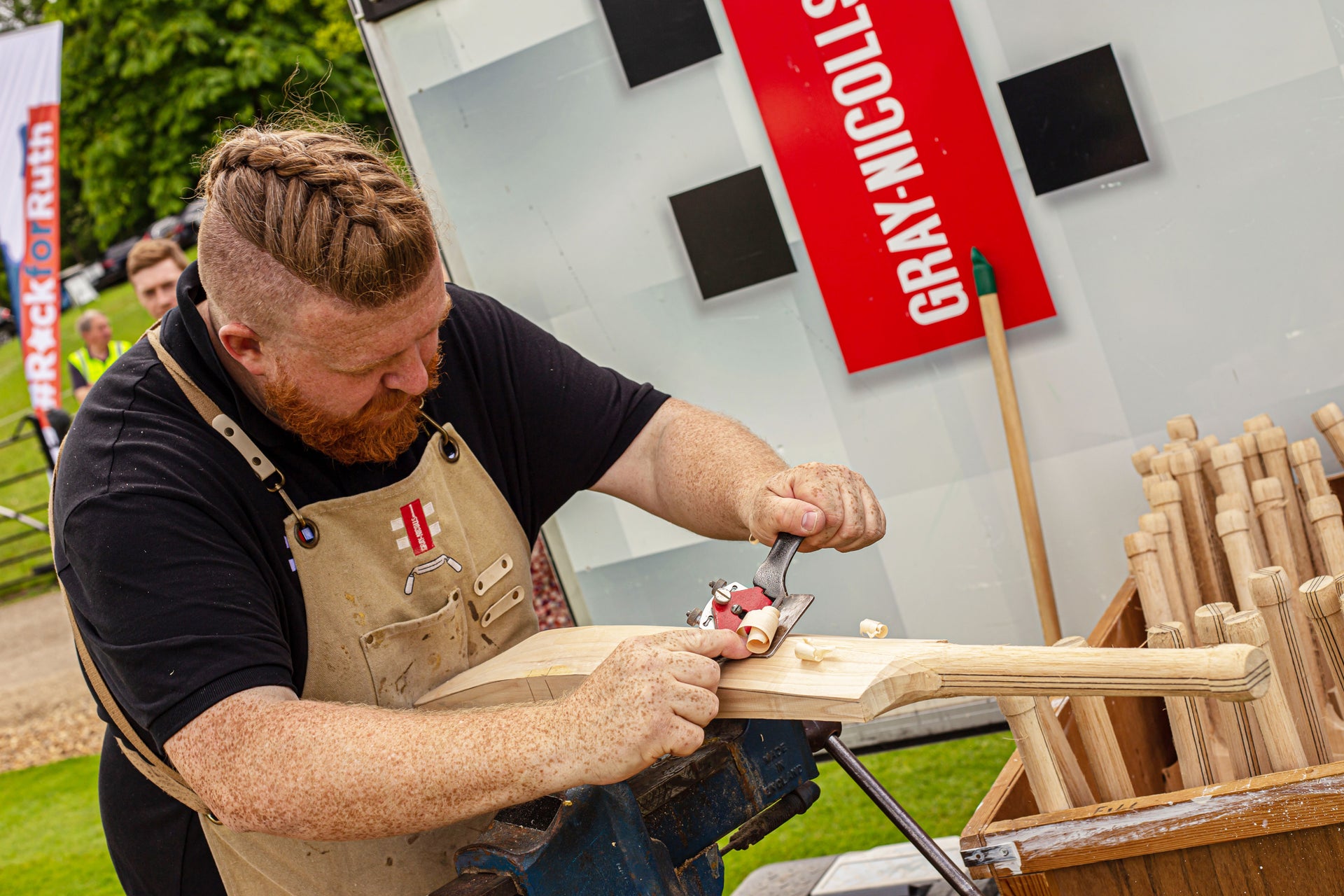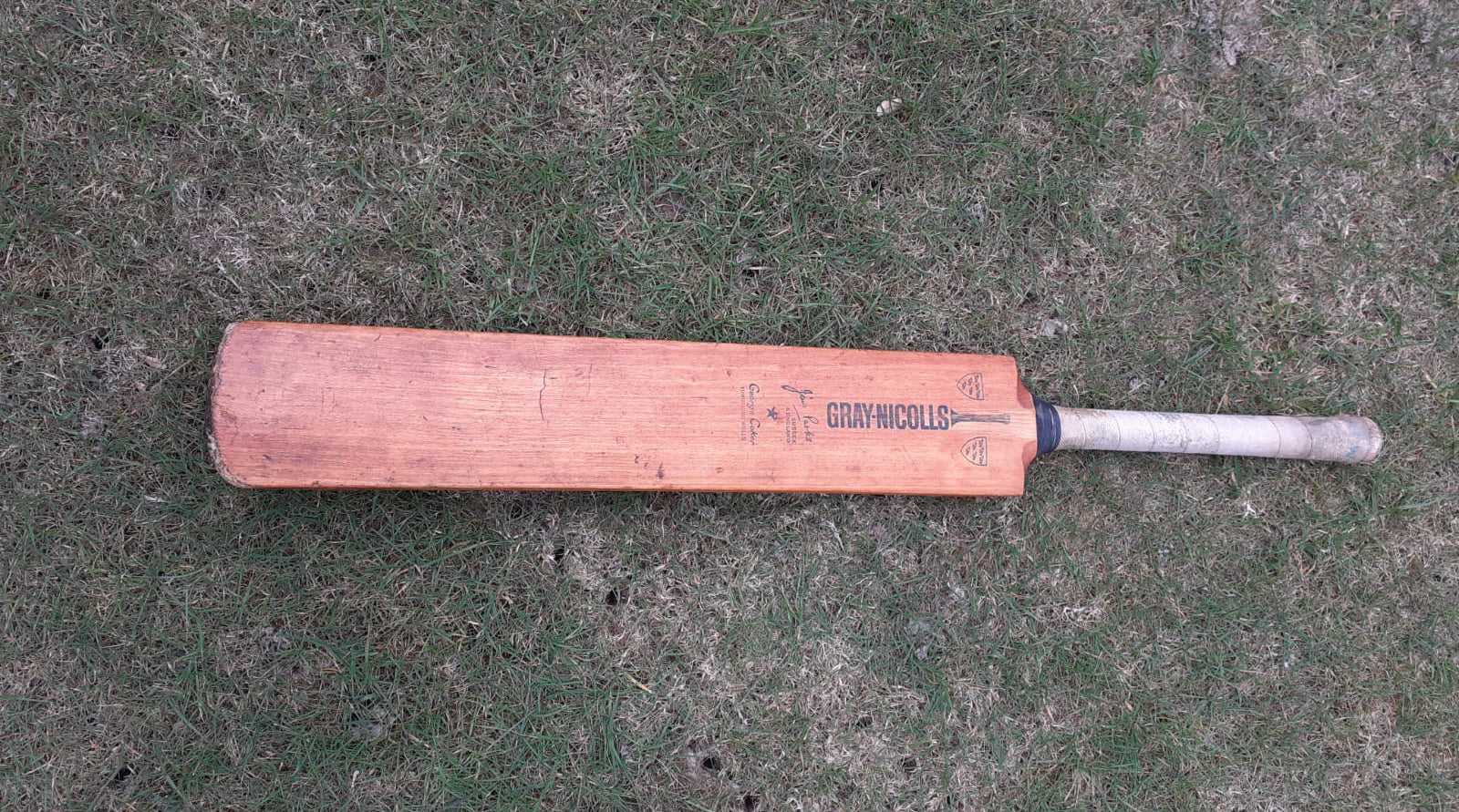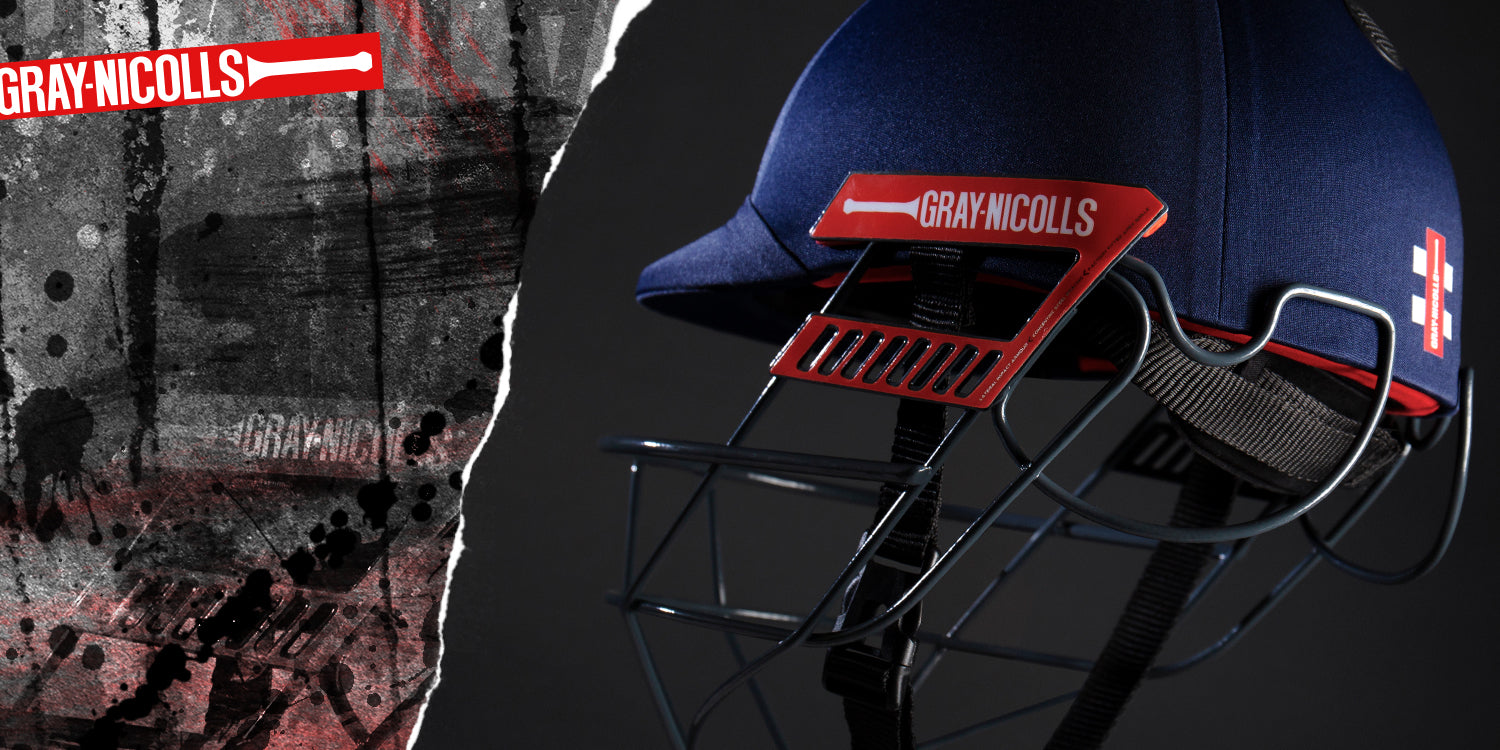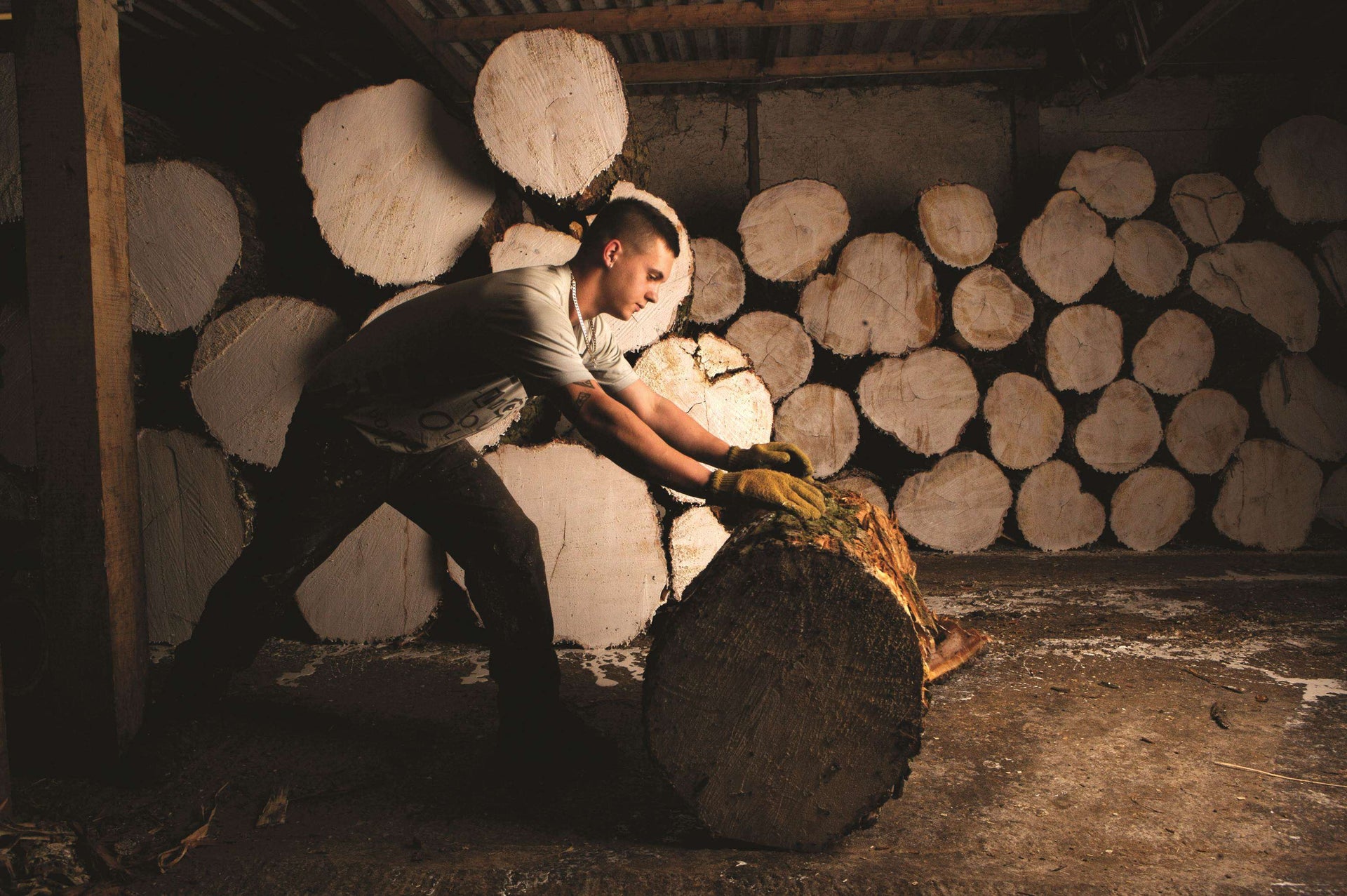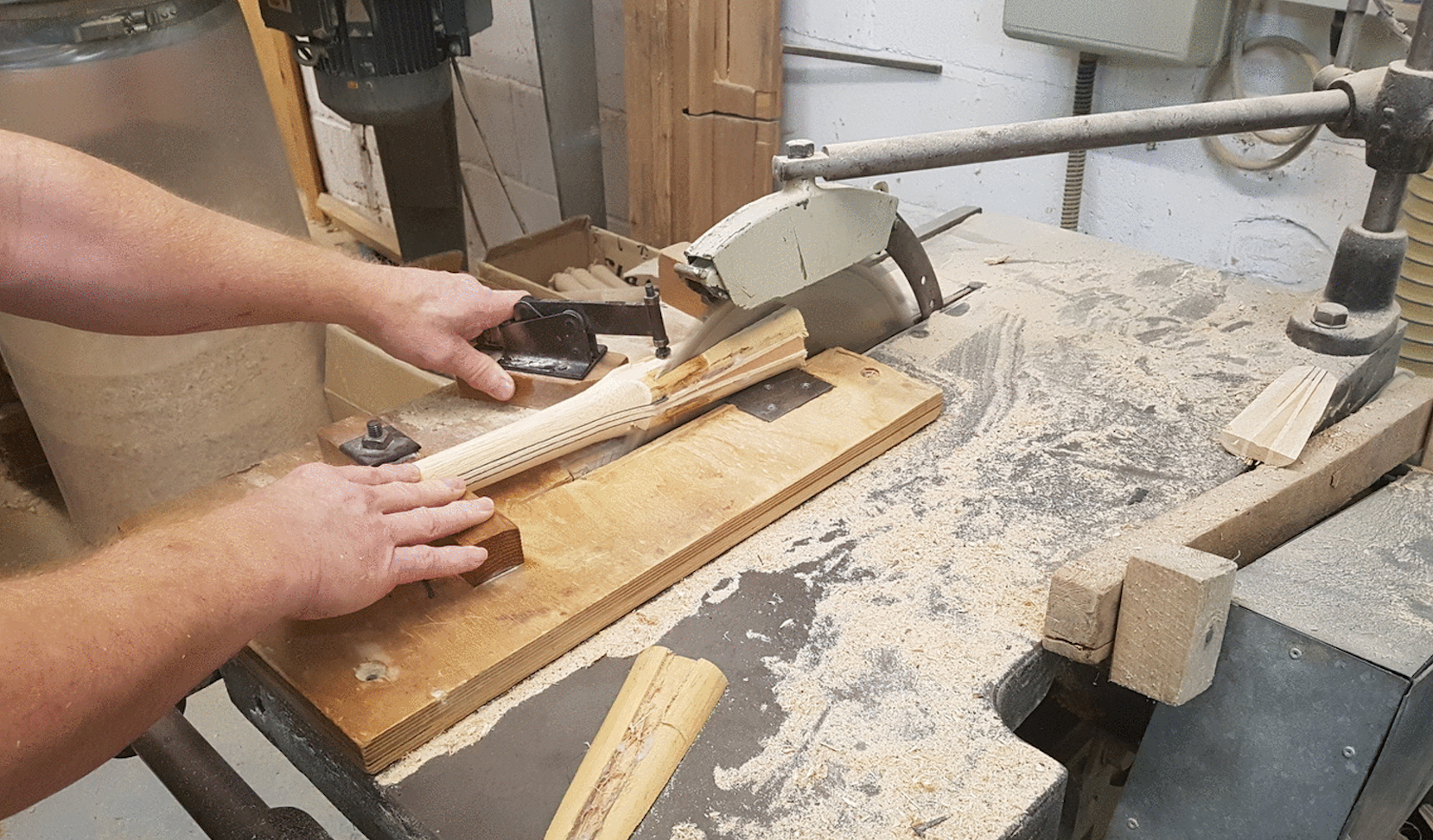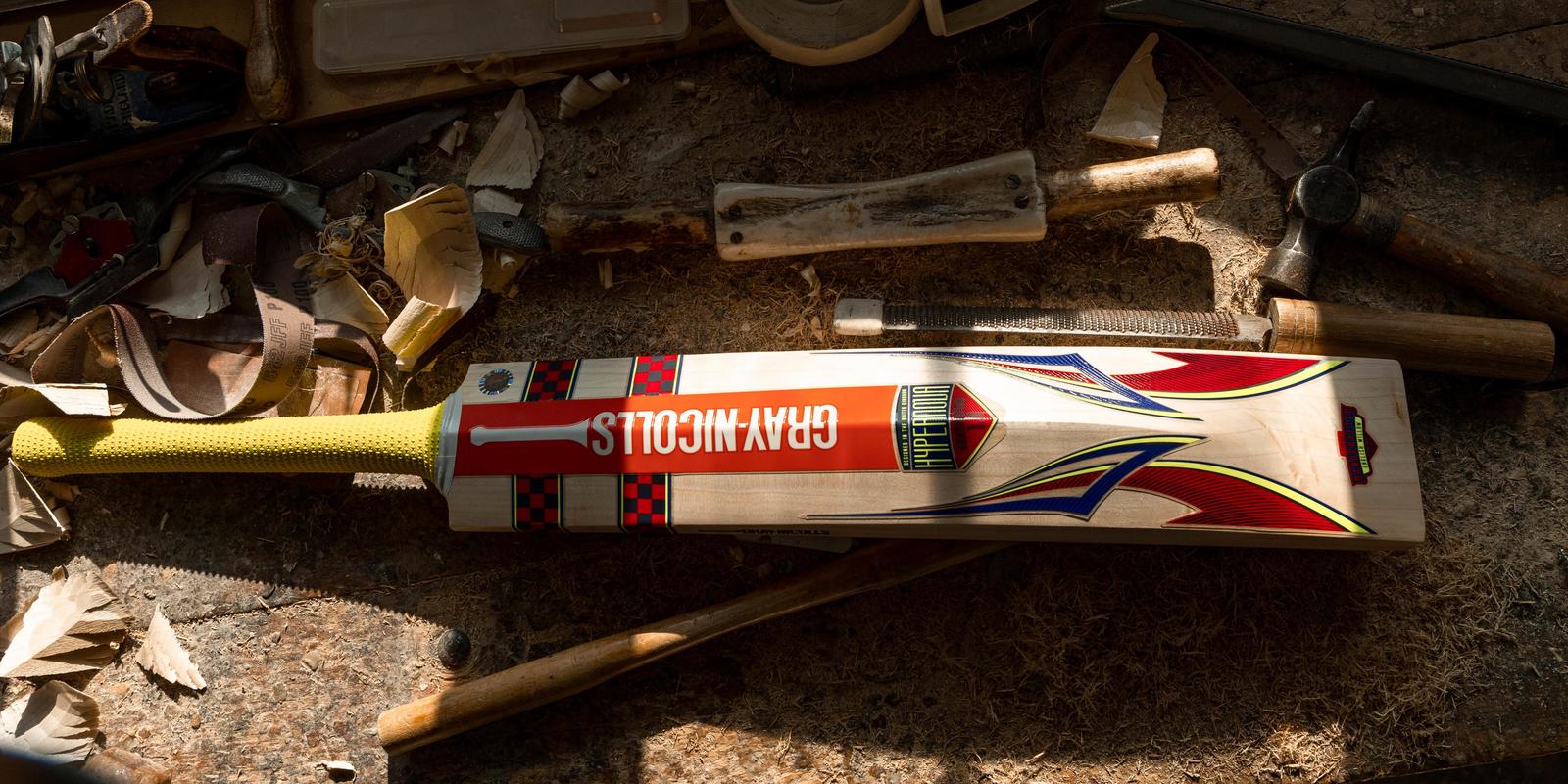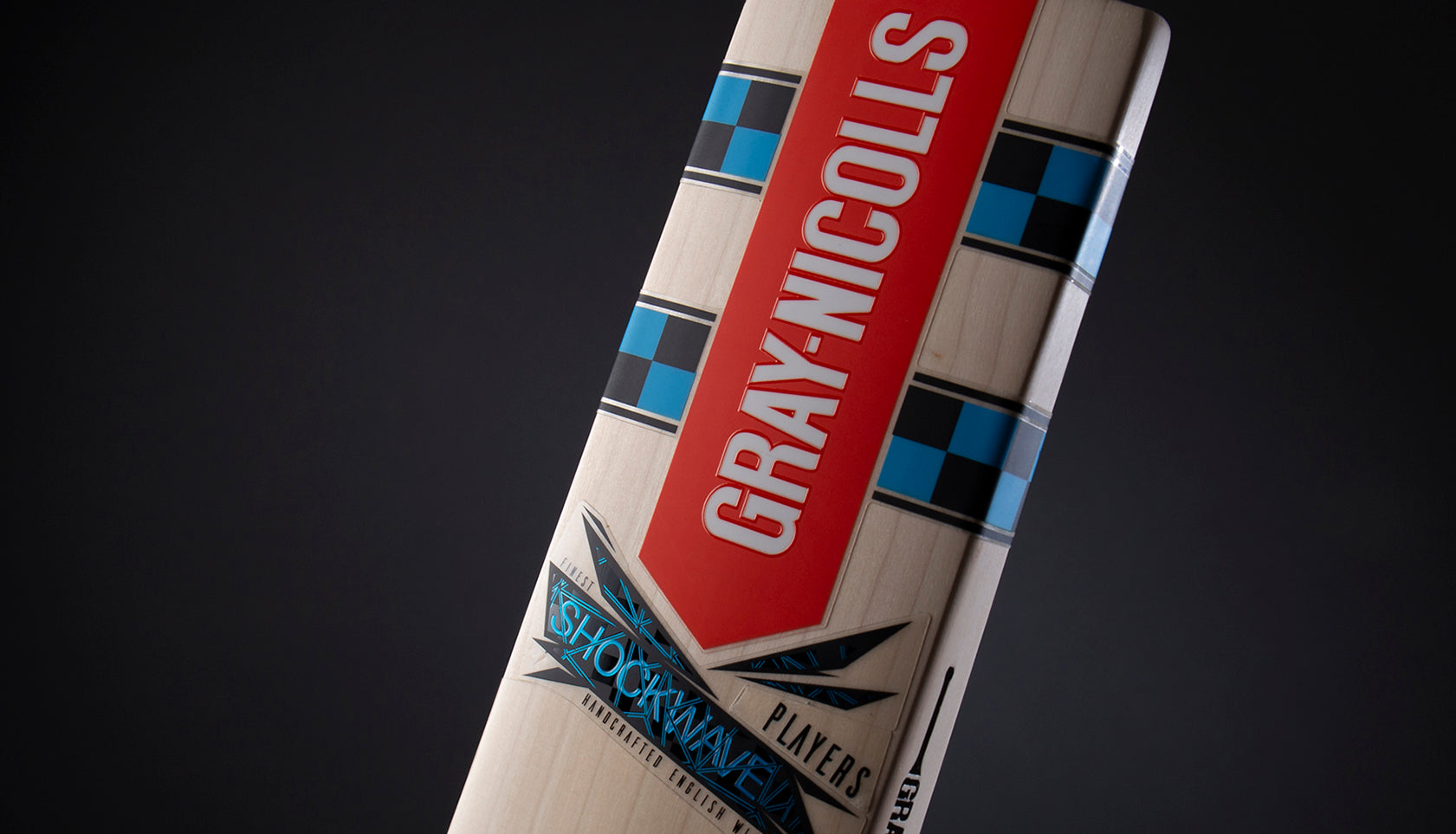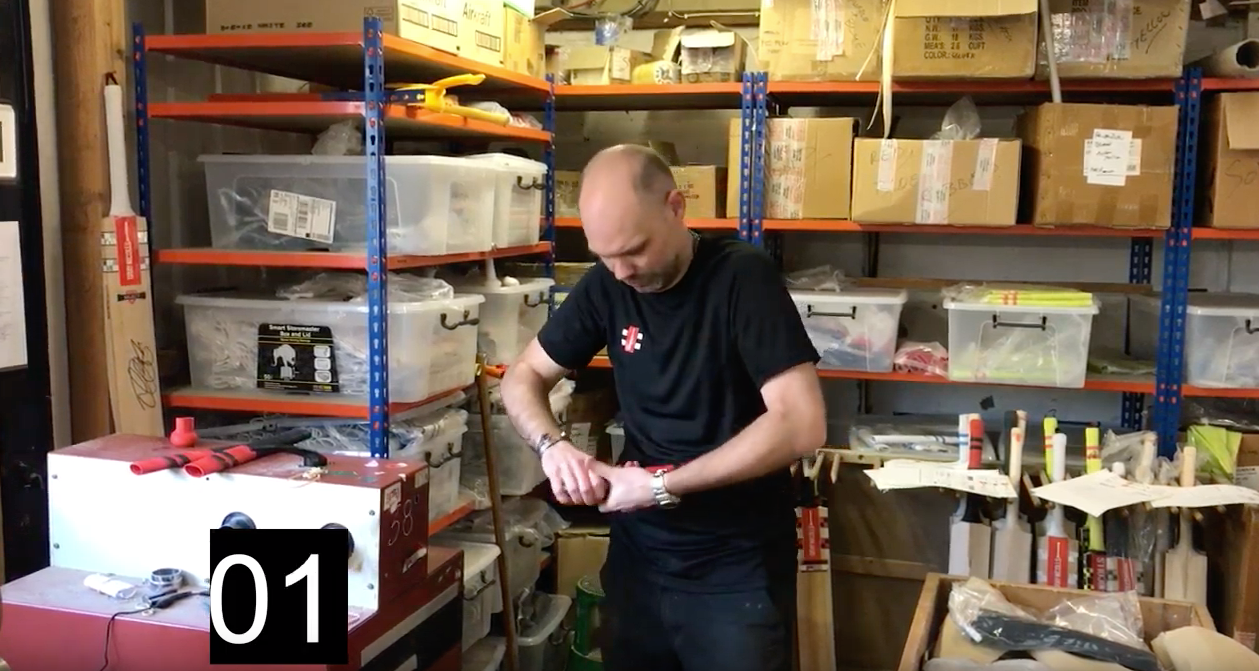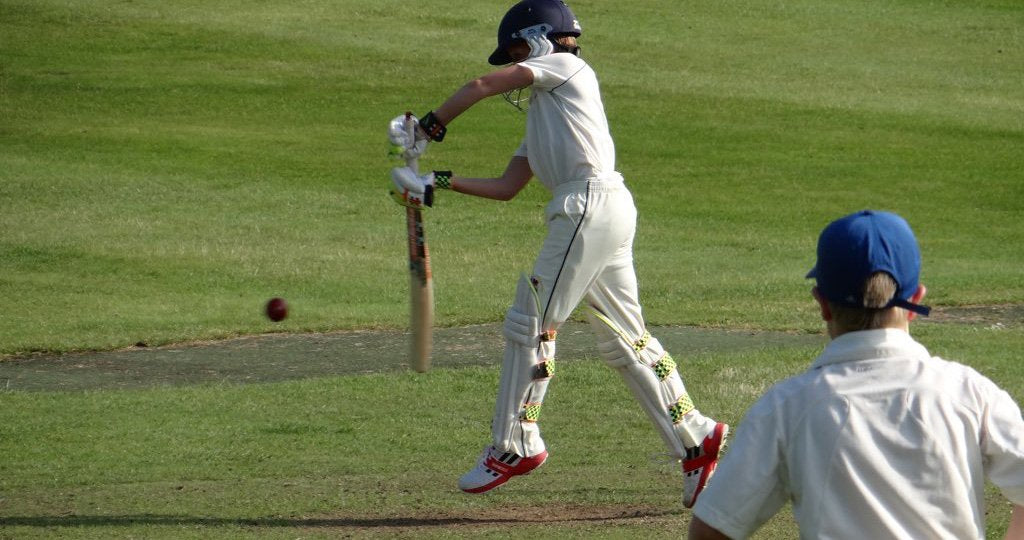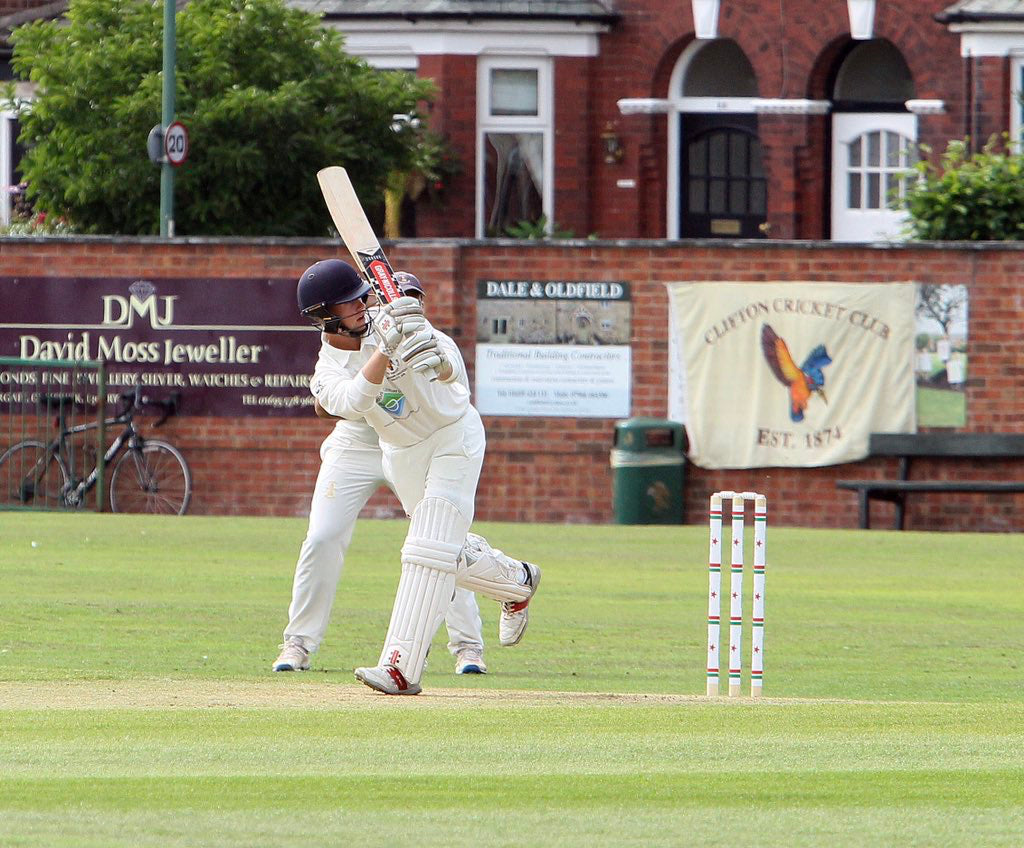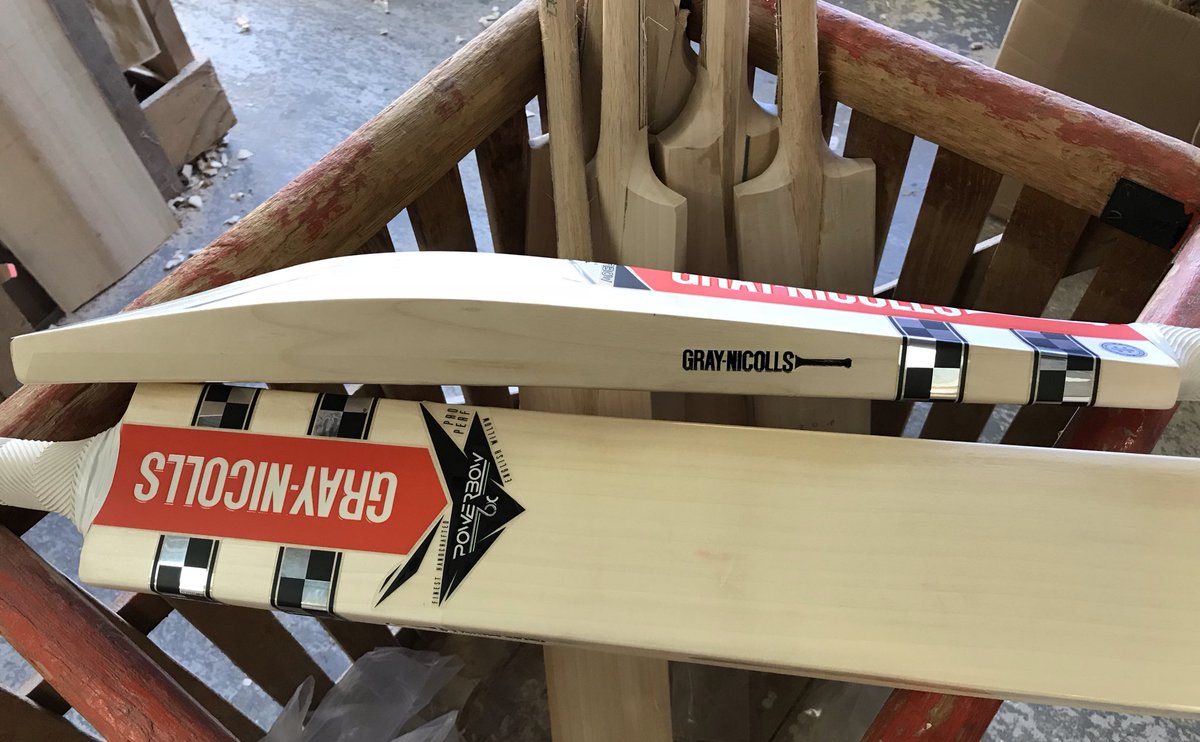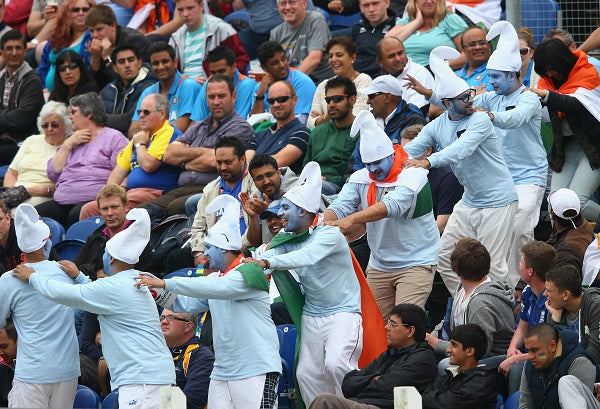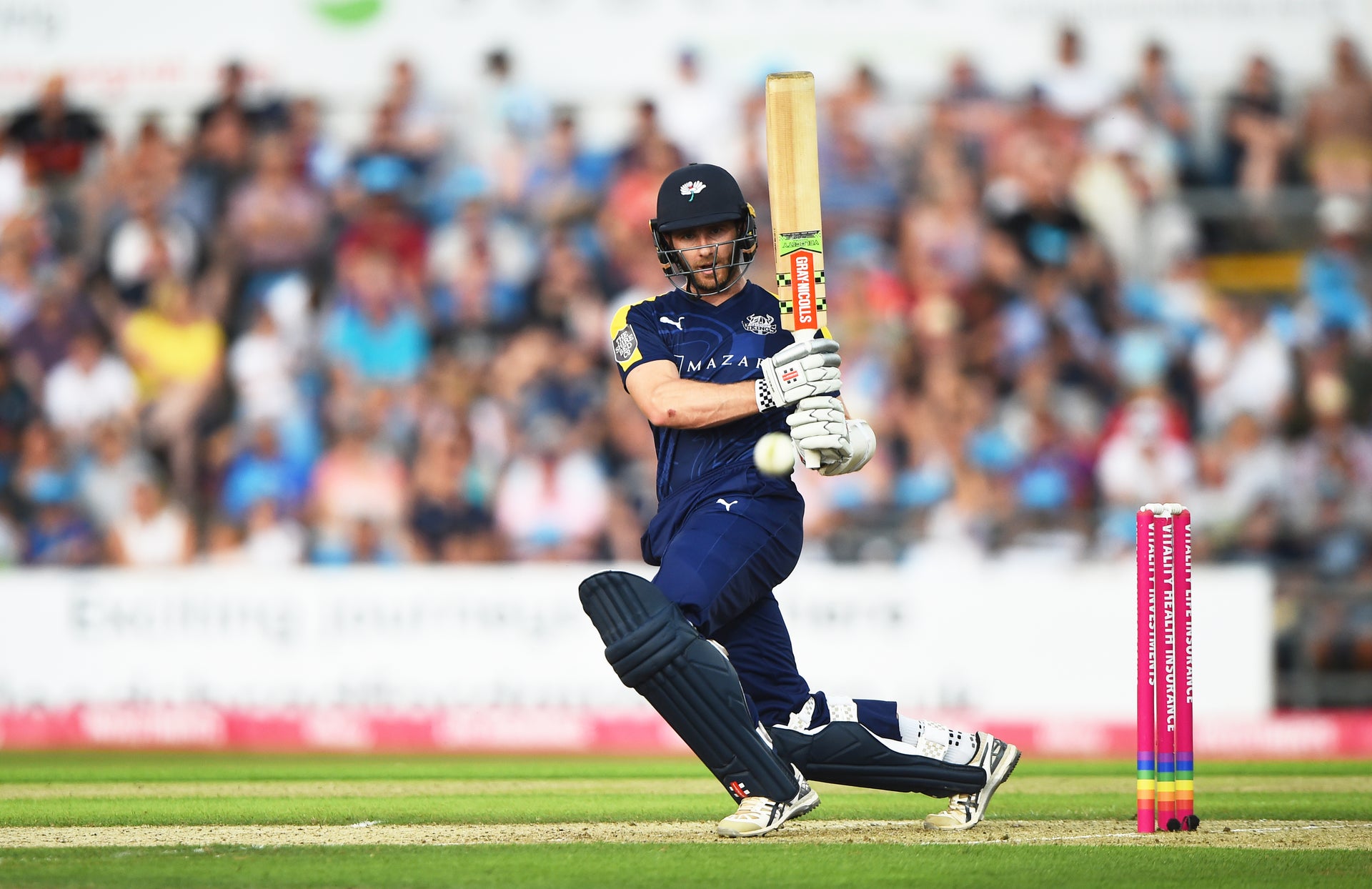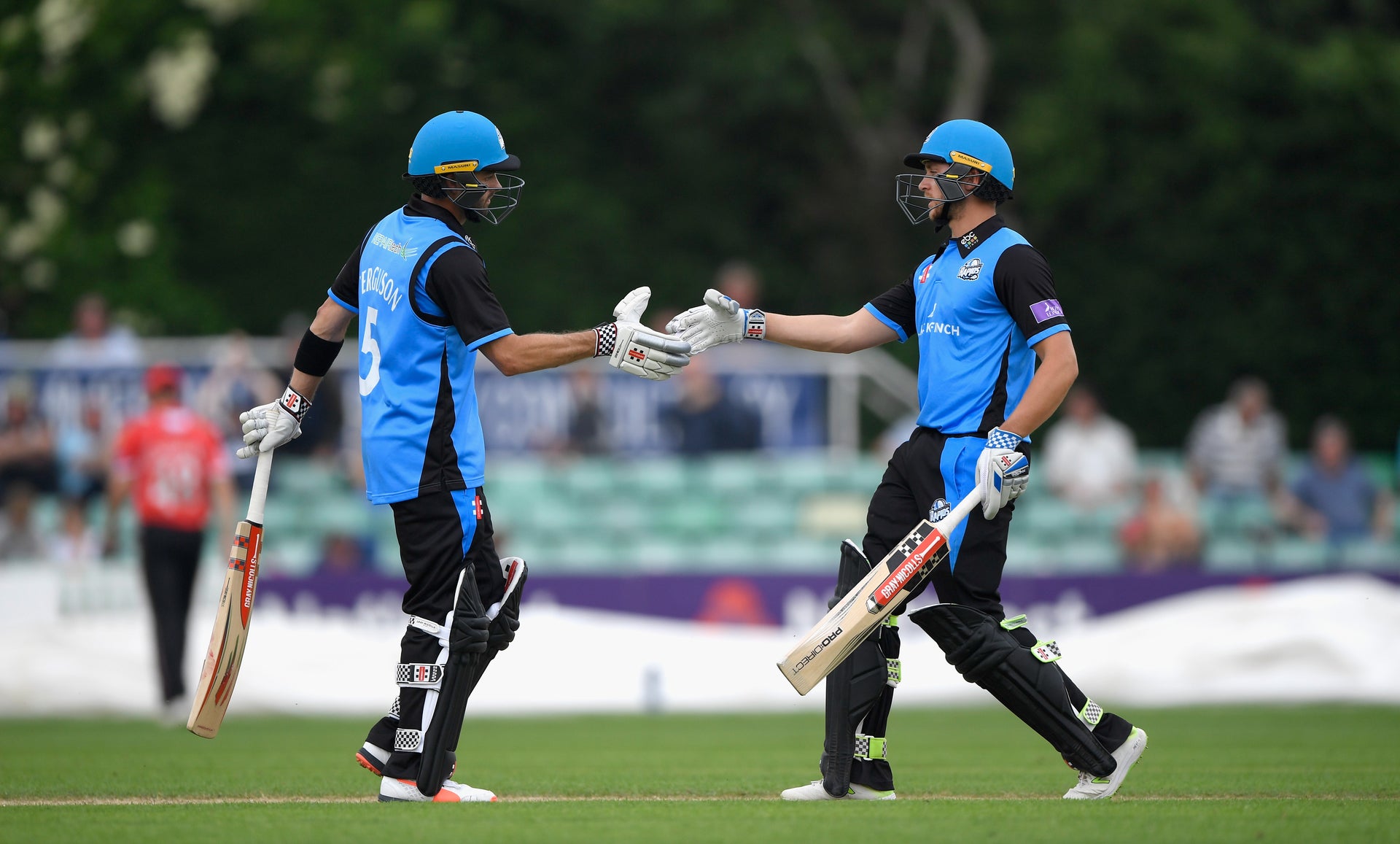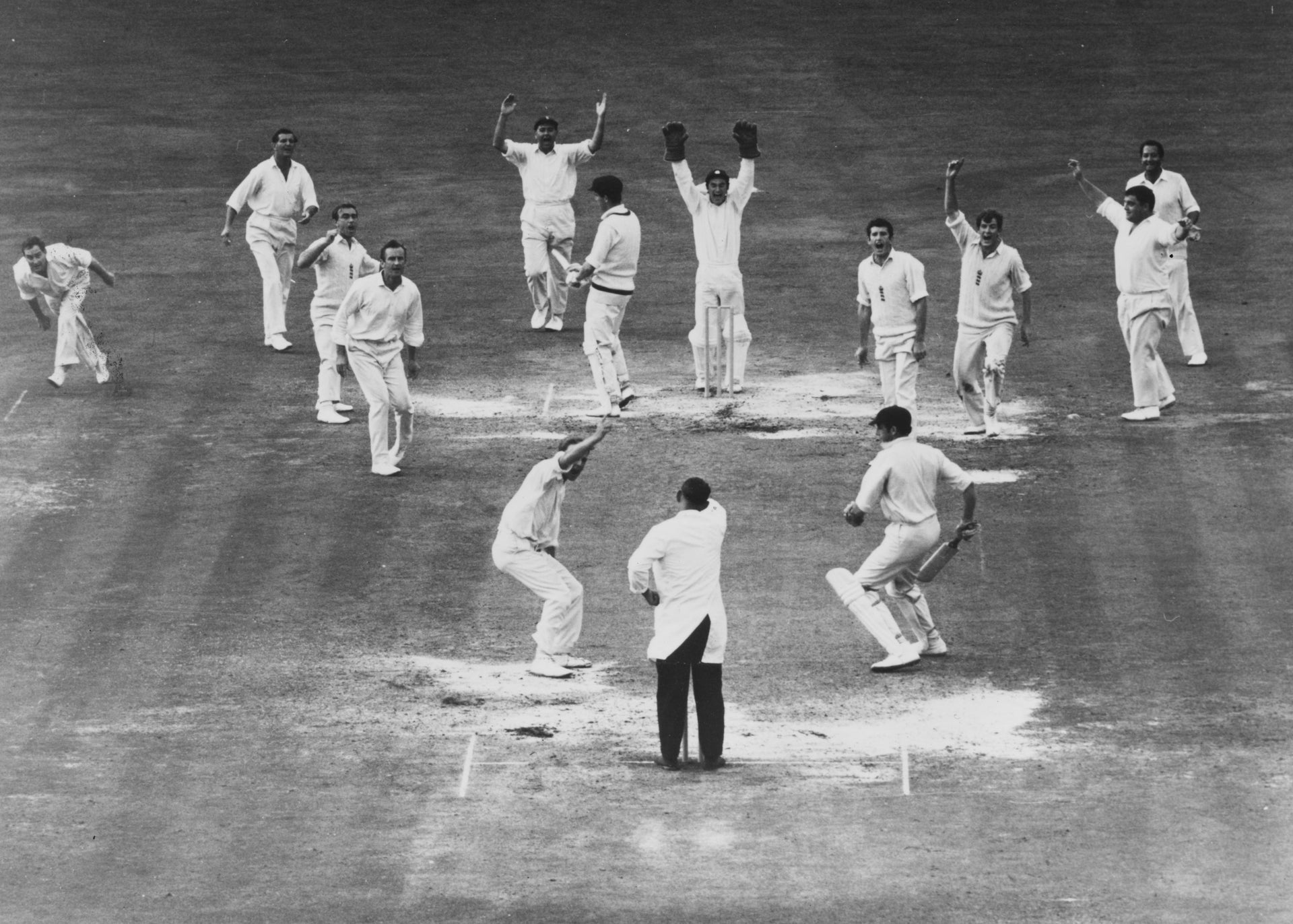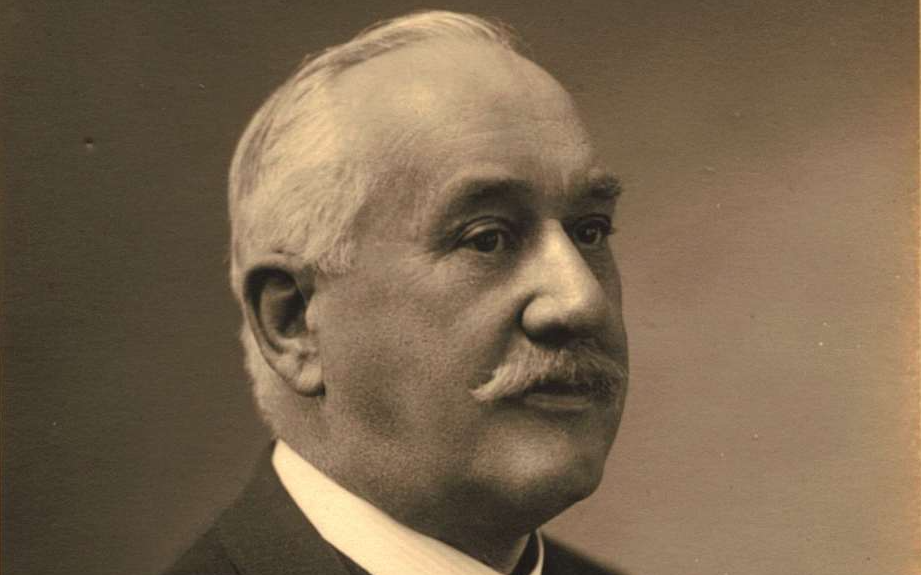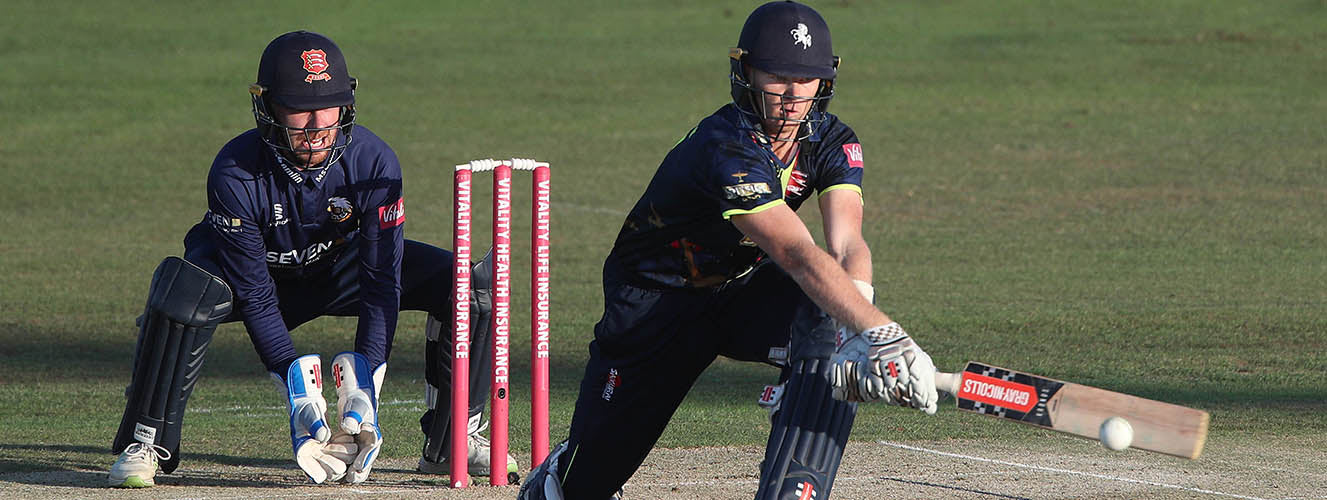There’s no greater honour in cricket than captaining your country; especially in Test Matches. Shan Masood recently took over the leadership of the Pakistan team, replacing the iconic Babar Azam as skipper.
Now the dust has settled on Masood’s first series as captain – a series in which Pakistan showed great potential, even in defeat – we caught up with the batter to get his thoughts on the new role and how he sees the future of his Pakistan Test team.
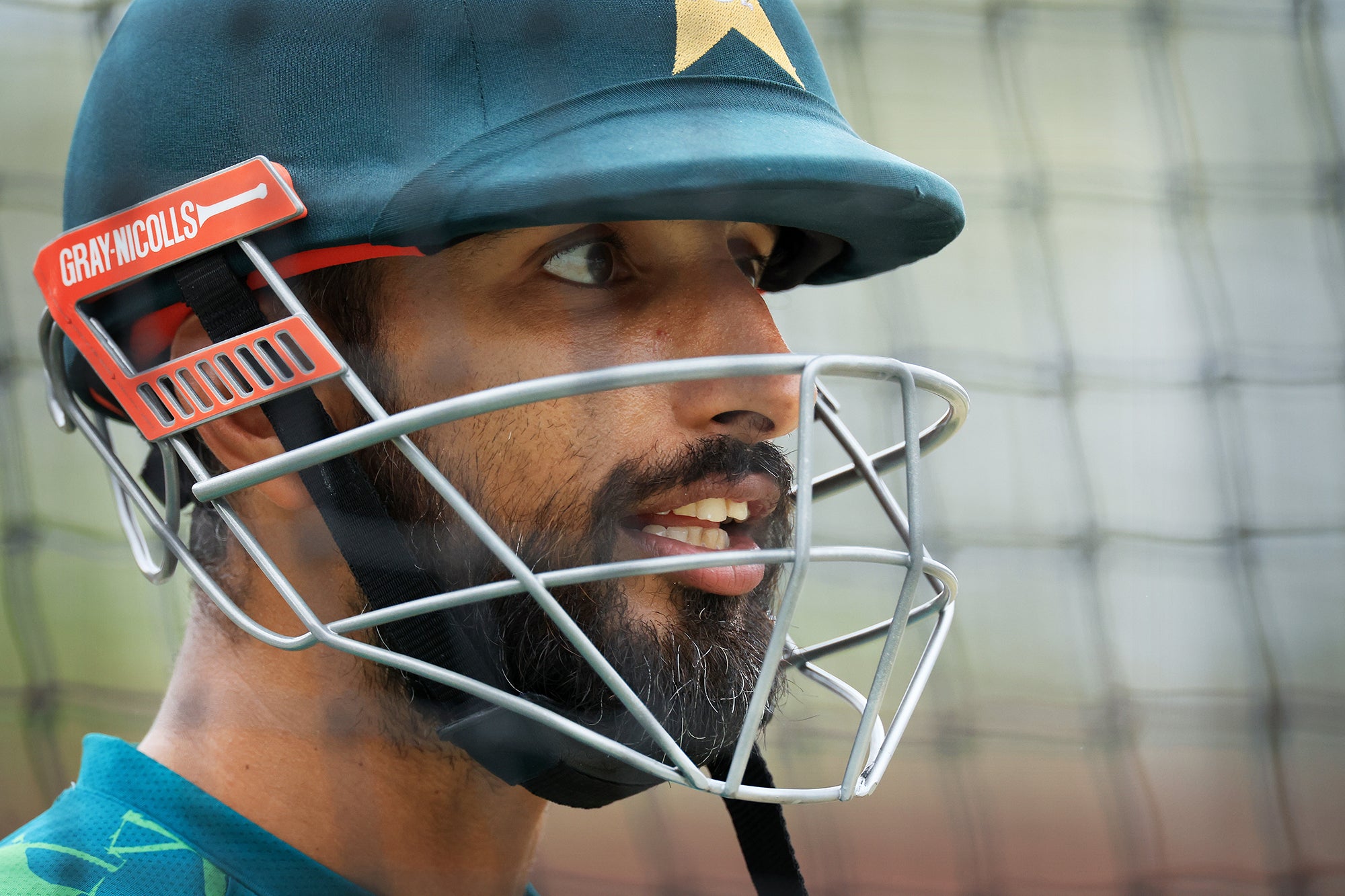
Gray-Nicolls: Give us a sense of the pride you felt leading your country?
Shan Masood: Immense. I think if you ask any cricketer, one of the biggest accolades that you can get in your career is leading your team out, especially the Test team; I don't think there could have been a bigger Test series than this in which to lead Pakistan.
GN: How did you enjoy the experience?
SM: I really enjoyed my first Test series as captain. Yes, it was challenging. Yes, it was in conditions where historically we haven't done well and we're yet to get a win. But, I think when you play against the best teams in the world and you measure yourself as a team, as an individual, according to them, I think that's a really good start. I hope we can build on some of the good work that we put out there and really enjoyed leading the group in my first experience as captain.
GN: What was the change of intensity like from being just a batter to captain?
SM: I think the biggest change was that you had to constantly remind yourself that when I went out to bat, I was just a batter and not a captain. I remember Andy Flower telling me this when I was leading Multan in the PSL for the first time.; that was a huge change for me. He said, “Once you go to bat, make sure that you're Shan Masood the batter, and not Shan Masood the captain”, so I had to constantly remind myself of that. But again, I think everything else except for the batting part, you're a leader out there, you have to make a lot of decisions and there are a lot of responsibilities on your shoulders that were the biggest challenges. Whereas when you're just a batter you tend to focus on yourself - yes, you think about the team, but when it comes to decision making you don't have to bear that pressure.
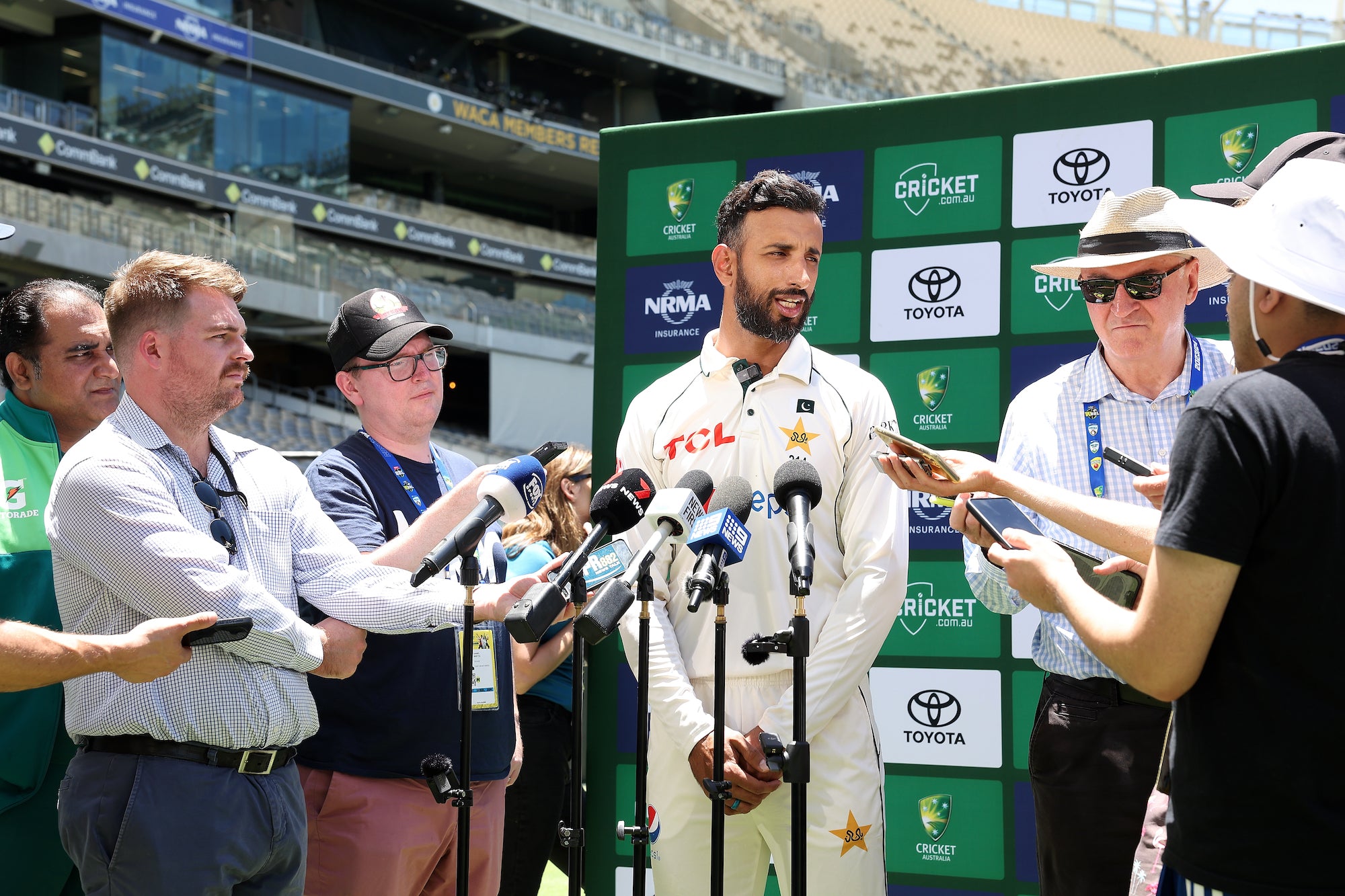
GN: Did anything surprise you about the role, either on or off the field?
SM: I don't think anything in particular surprised me off the field, but I think it was very challenging because when you become captain, I think the work on and off the field becomes a lot more than what you usually do. You're supposed to attend every single meeting, whether that's the bowler’s meeting or the batter's meeting. You have to gain the knowledge and the insights of different coaches. I think we had a vast experience of coaches out there, you have to do selection meetings and I think selection is probably the toughest job in the world because you can only select 16 to 18 players in a squad; you can only select 11 players for the playing 11.
You have to leave people out that probably don't even deserve to be left out. So there are tough calls that you have to make. You have to do a lot of media work as a captain, and you're always under the microscope. So I think nothing surprised me. I mean, I expected all of this, but when you actually get to do these things first-hand, you realise that captaincy is not the easiest job. But look, it's a huge privilege and you want to make the best of decisions for the team, for the country. You want to make sure that you're doing justice to do everything and not disrespecting anything. So, yeah, it's a tough job.
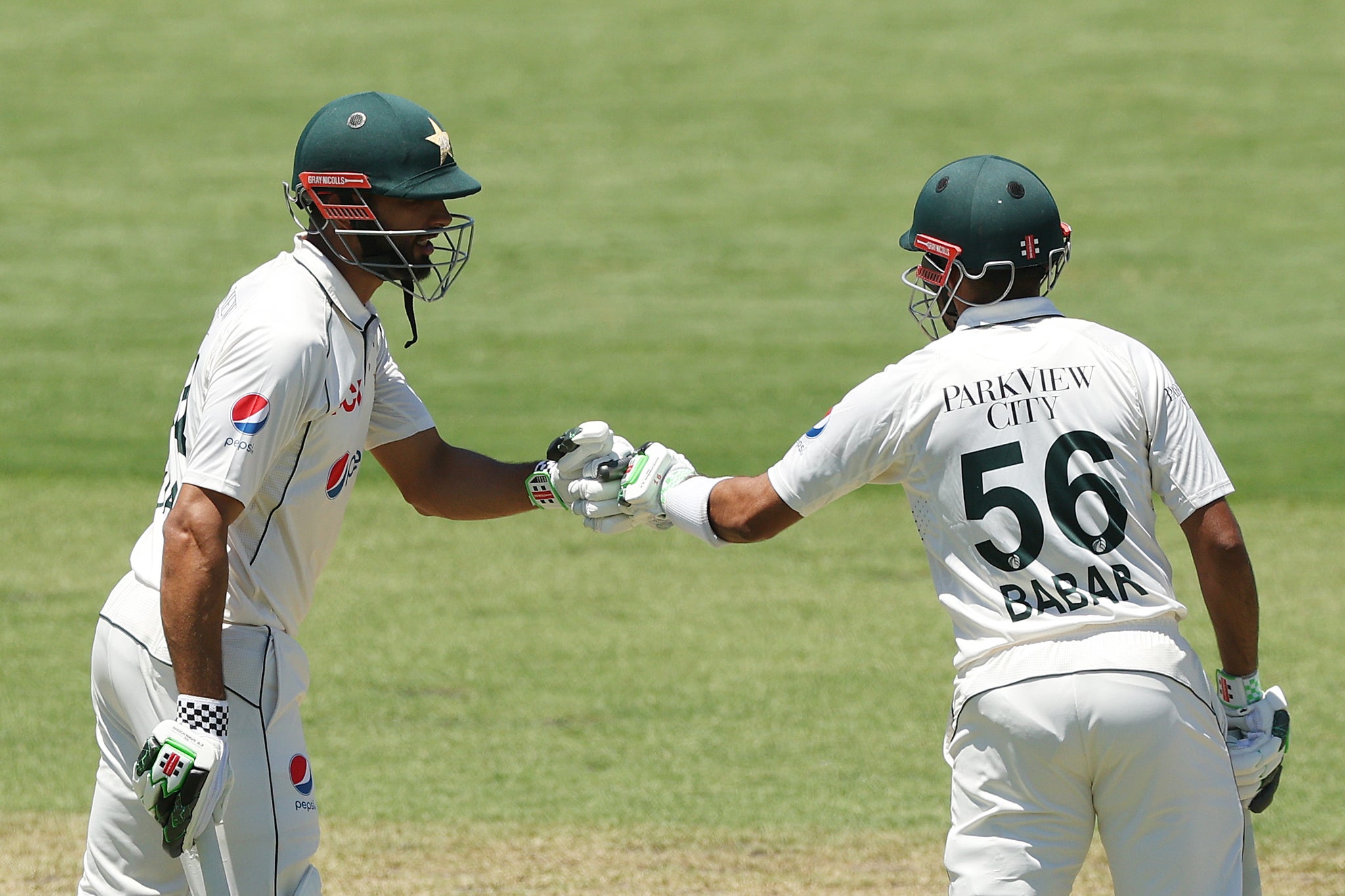
GN: You looked in good form out there; did you feel extra responsibility at the crease?
SM: Yes, I felt in good nick. I think out of the six innings, in four of them I got really good starts, couple of 50s, couple of 30s; I think as a batter, that's what you want to convert. Yes, the conditions in Australia were a bit different to what we normally get over there. The bounce is always there, but I thought there was a lot of lateral movement and yes, the quality of the bowling was second to none.
We played world-class bowling out there and if you look at the series, I think there was only one 100 scored and Mitchell Marsh was probably the only consistent batter in the series. So to get all those starts and not converting them, that's something that really annoys me. I think it's okay to get out early at times because when you face quality bowling in Test cricket, you're bound to get a dismissal or two initially because you're not set, you're finding your feet, you end up making a mistake which can be costly. But I think in my 30s and my 50s, those were the innings where it should have gone on longer. I don't think I have any regrets of the way I played, I thought that I was in good positions and I had good intent. I was able to play a lot of shots and get value for those shots, but it's frustrating when you don't kick on and you don't carry on – especially when you're the leader, there is that extra sense of responsibility which you have to bear. Unfortunately, I couldn't kick on and make those scores really count, but still, I feel that I'm heading in the right direction in terms of how I want to play the game.
GN: What are your hopes for this Pakistan team going forward?
SM: The hopes are very high. Yes, it was frustrating, like I mentioned with my batting. I think the Melbourne and Sydney Tests were something where we could have closed the games out. We were in great positions to win those Test matches, but that's what great teams do, that even when you have the slightest of chances, or even when you have a decent chance, they make it really hard for you, and that's what they did and they turned the tide in their favour. But look, I thought we did a lot of good things that we probably didn't do in the past. I always look at the bigger picture, and I feel that the results will always be a by-product of the work that's done consistently over a long period of time. I have really high hopes. I think that we've unearthed some real gems to take with us forward in Test cricket, especially, but we've also figured out a way of playing and as a squad, we've agreed about our certain way of playing.

